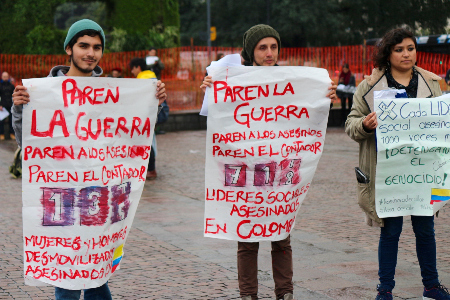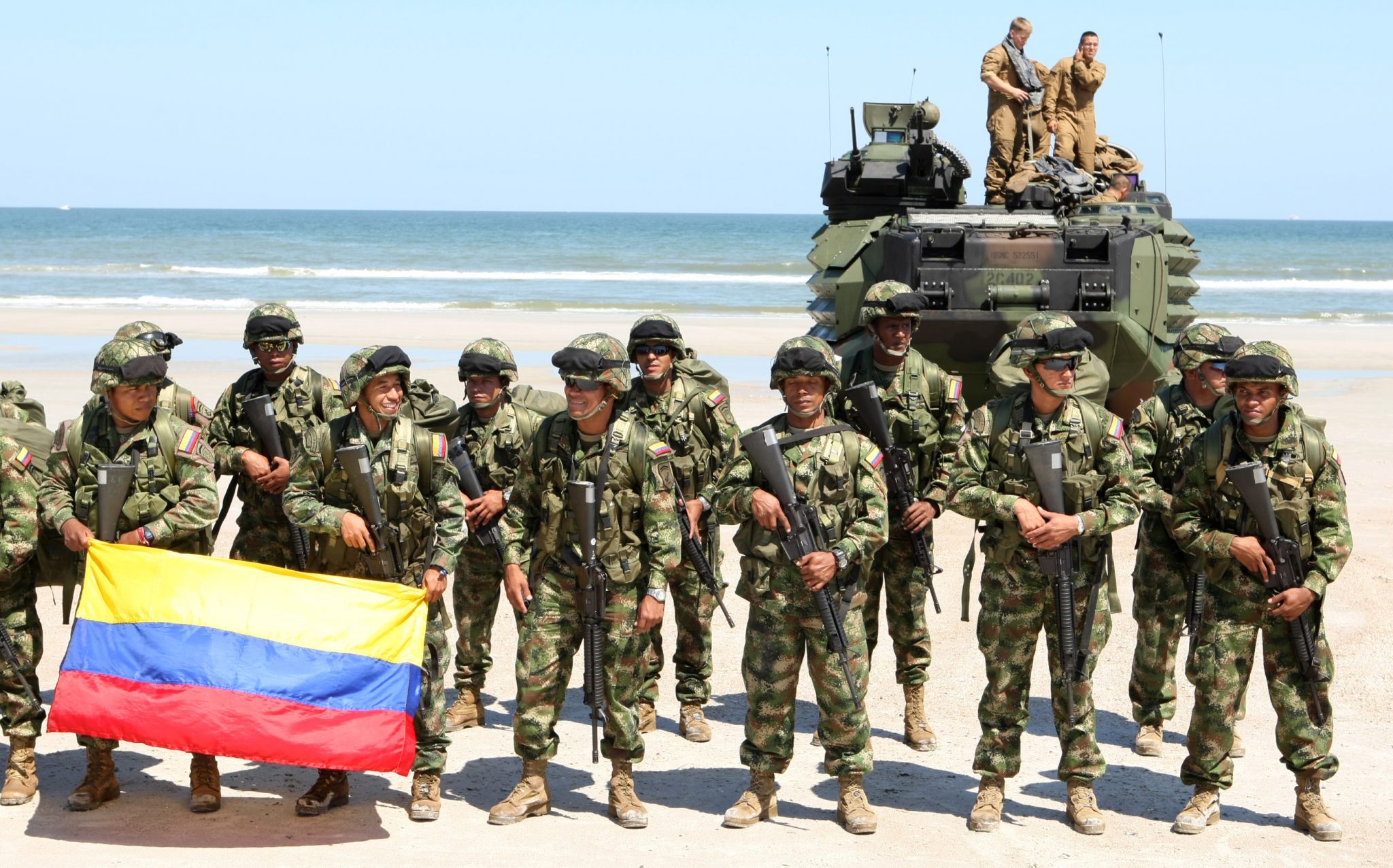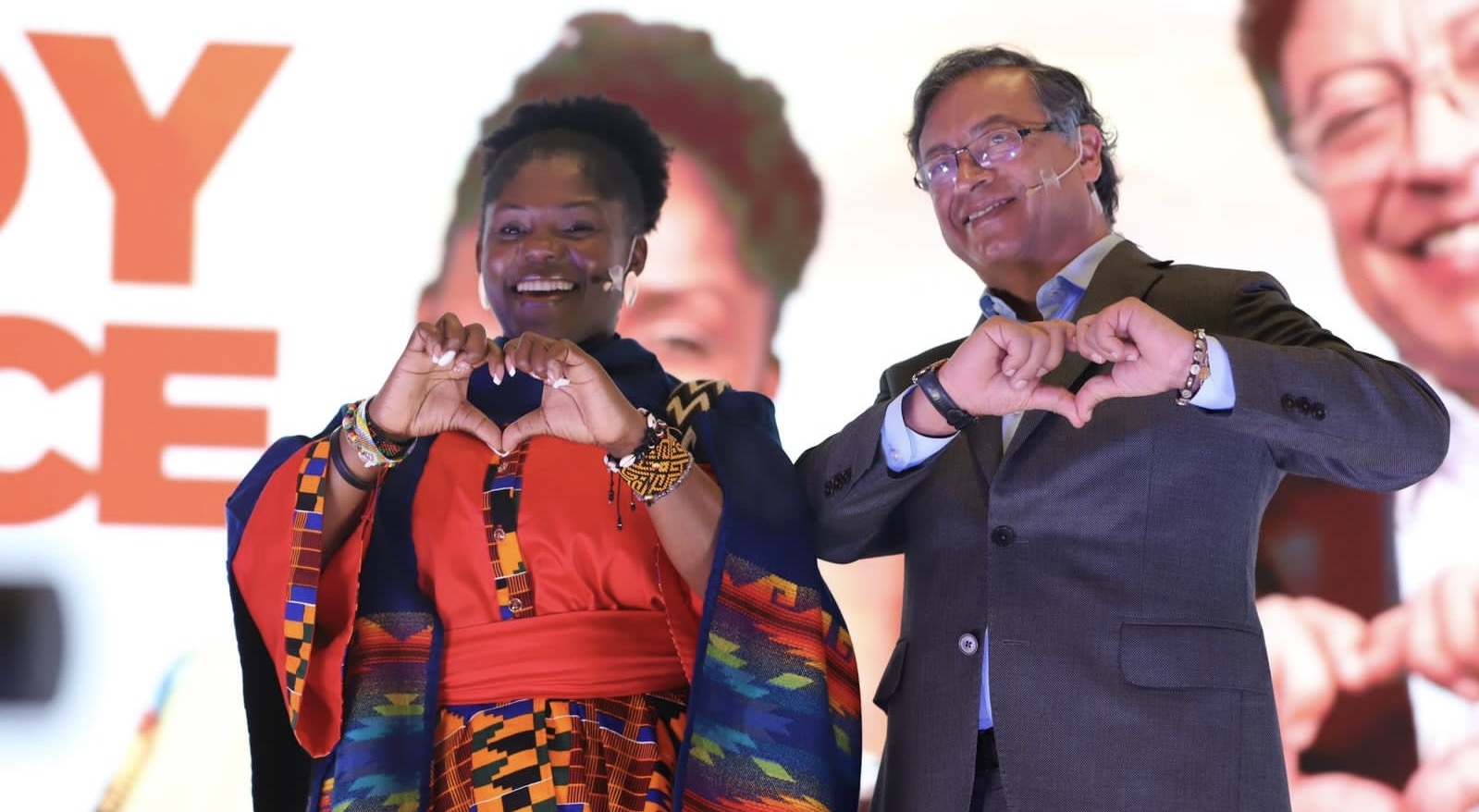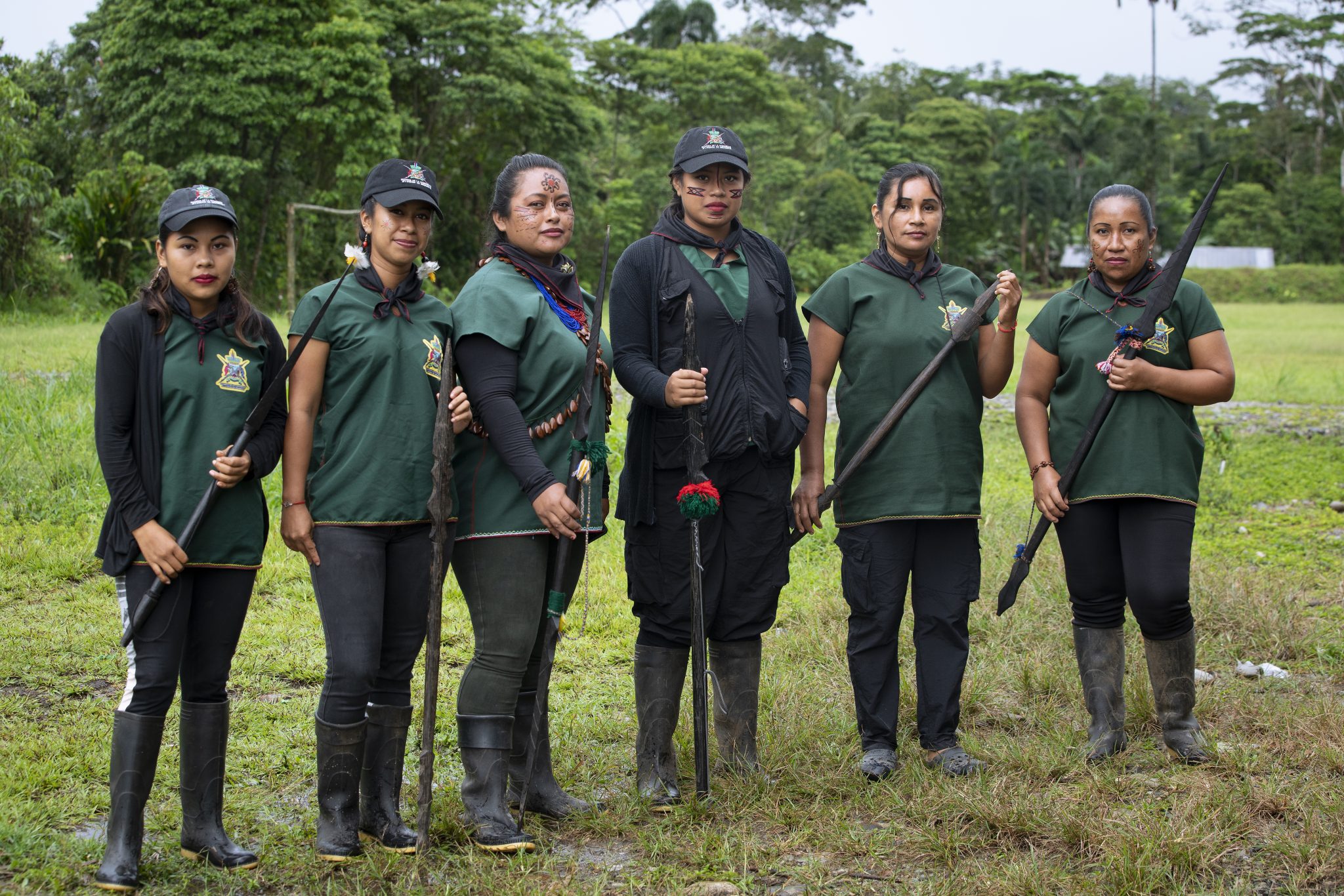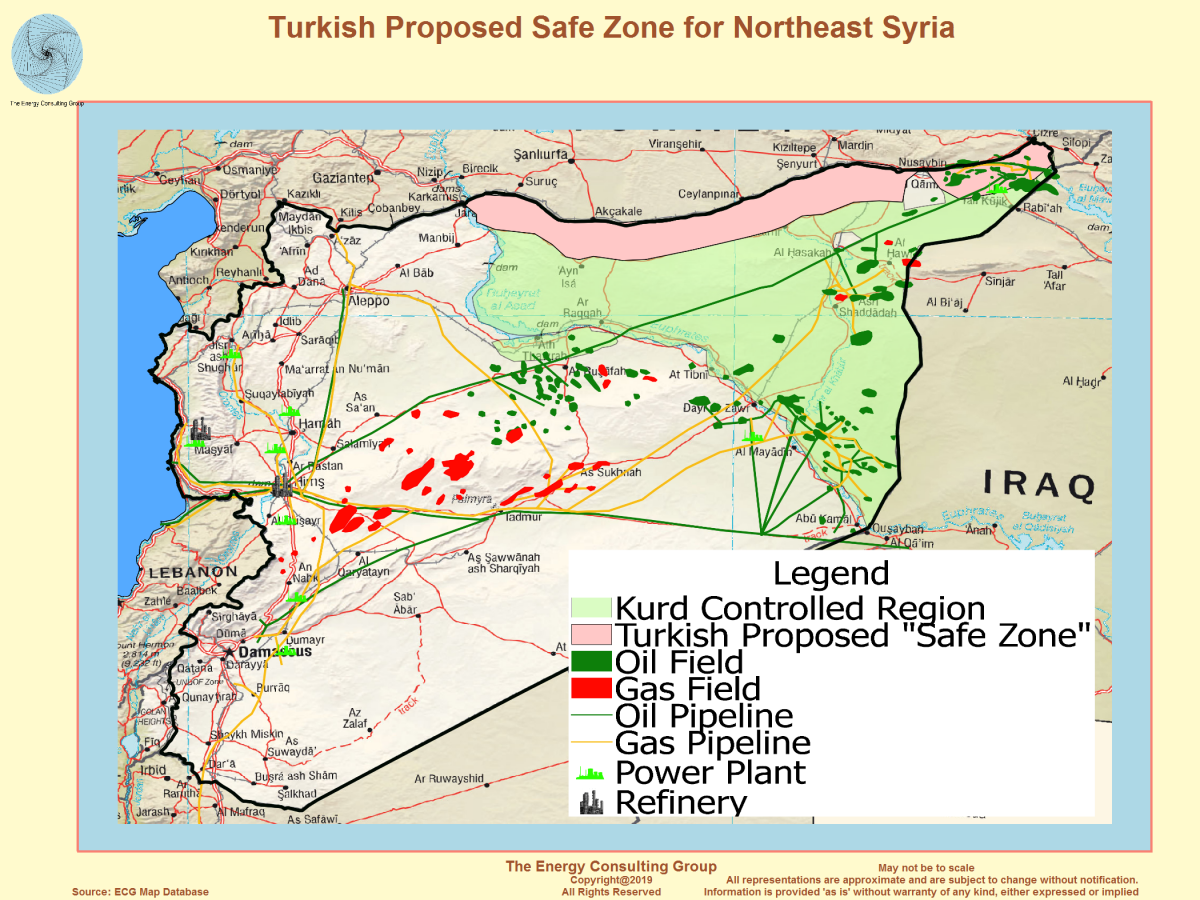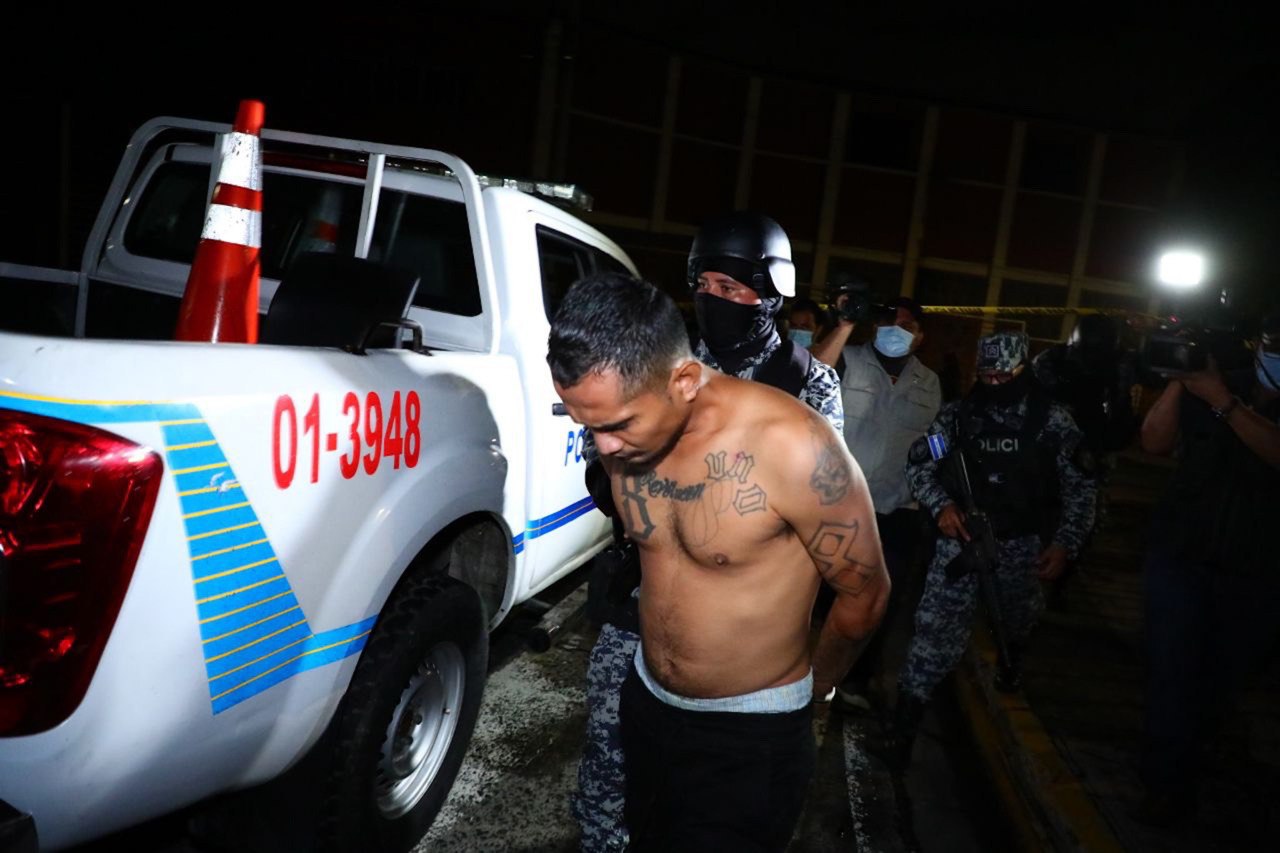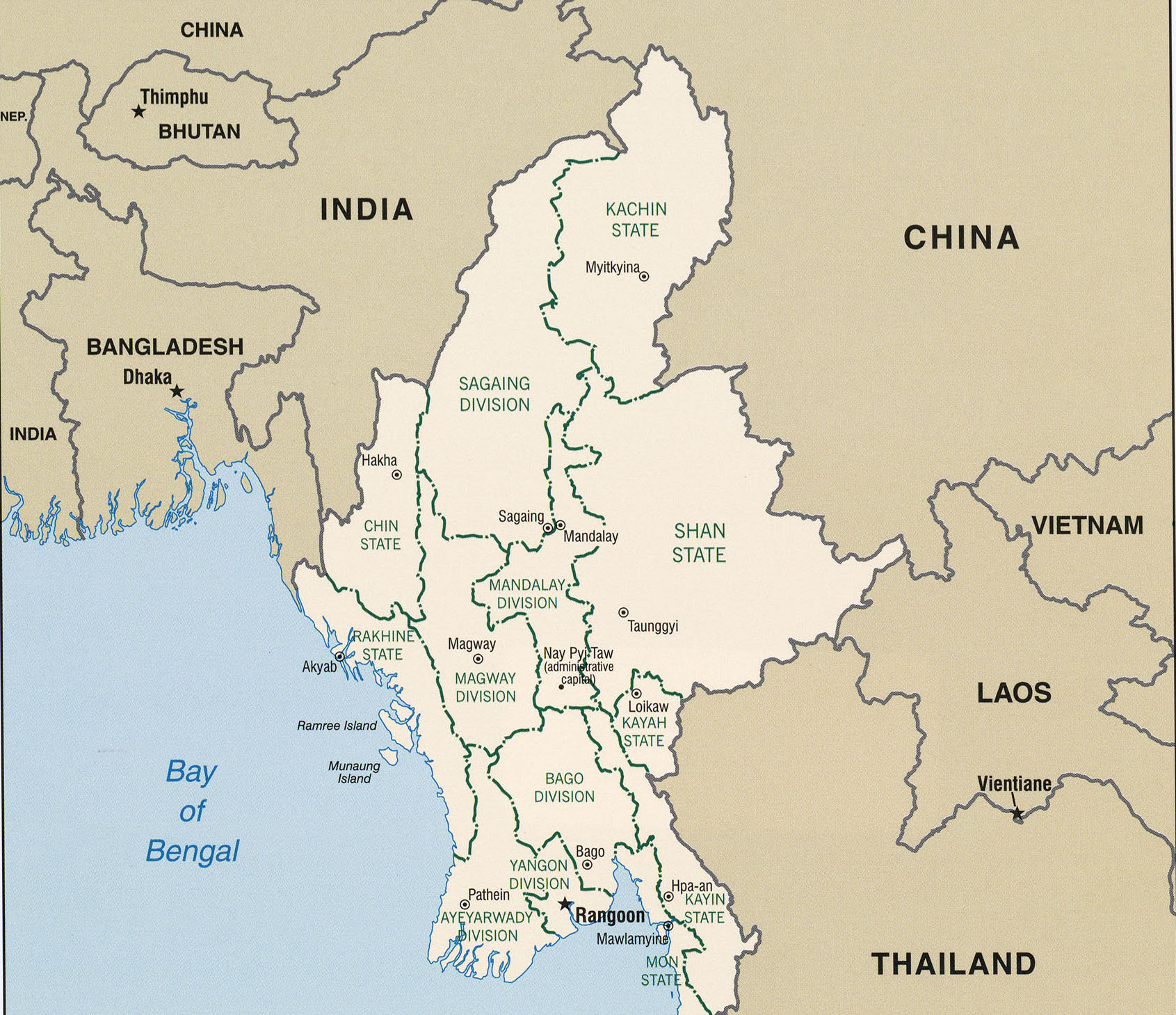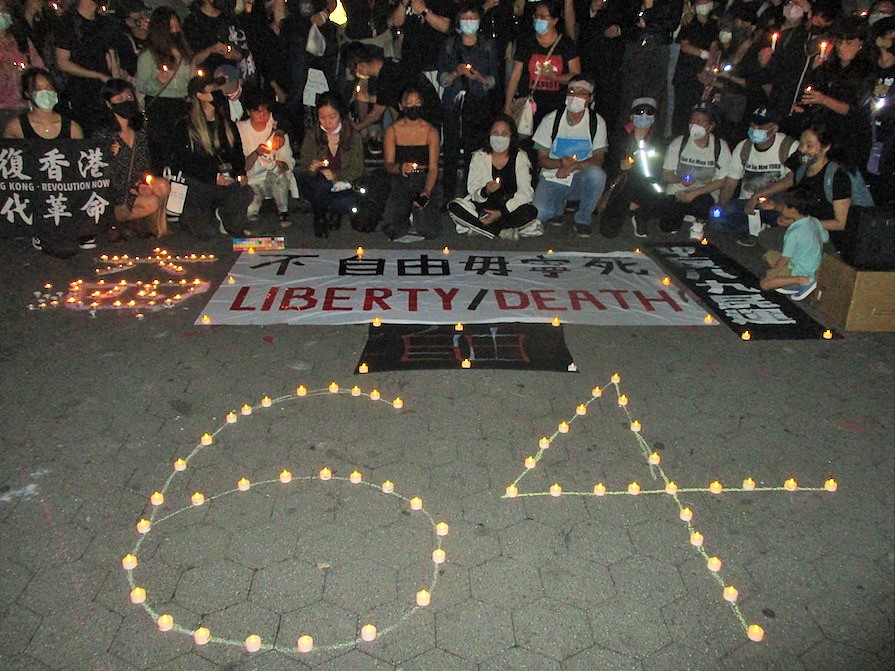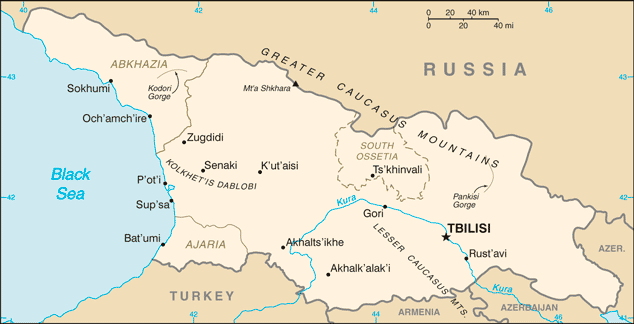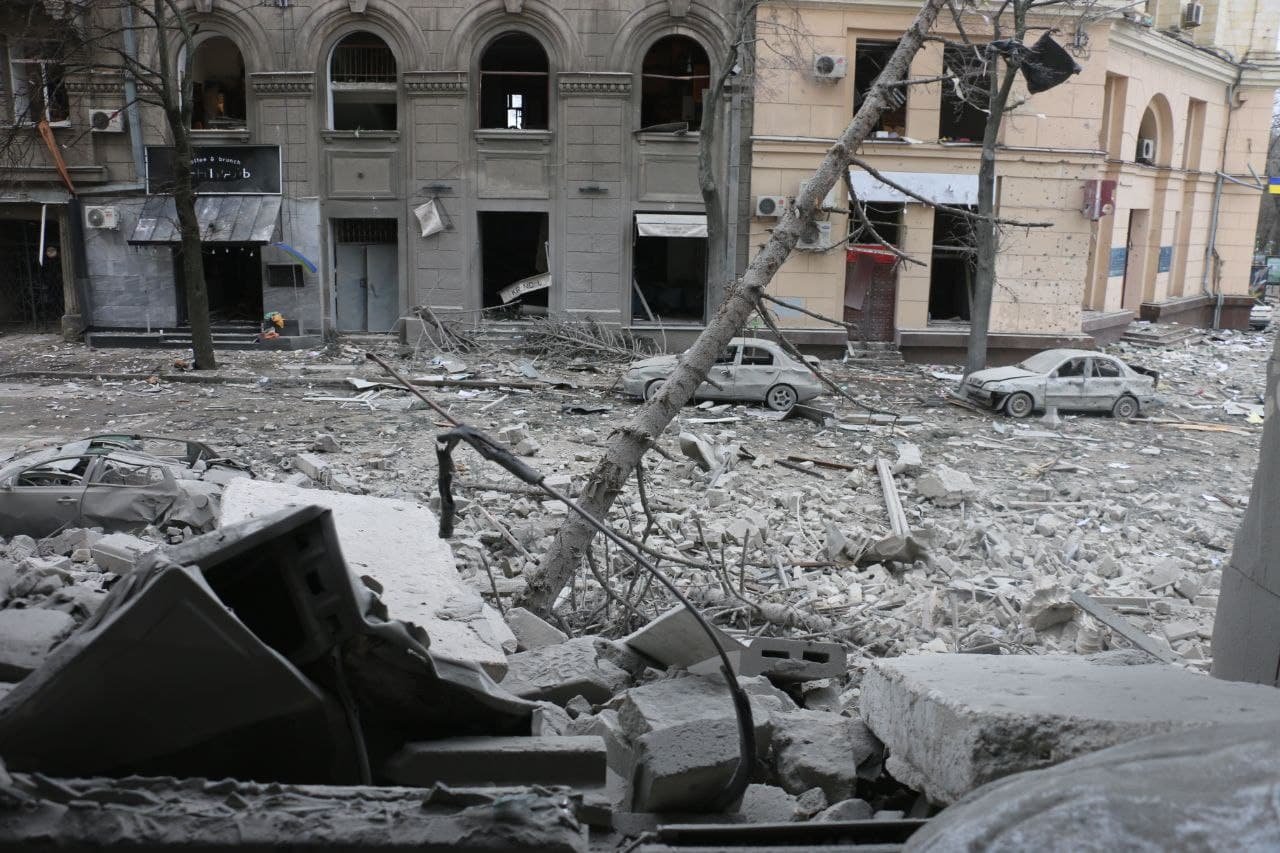
Russia using cluster bombs in Kharkiv: Amnesty
Hundreds of civilians have been killed in the Ukrainian city of Kharkiv by indiscriminate Russian shelling using widely banned cluster munitions and inherently inaccurate rockets, Amnesty International finds. A new report, entitled ‘Anyone Can Die at Any Time’, documents how Russian forces have shelled residential neighborhoods almost daily since the start of the invasion, causing “wholesale destruction.” Amnesty found evidence of repeated Russian use of 9N210 and 9N235 cluster munitions as well as scatterable mines, both of which are subject to international treaty bans because of their indiscriminate effects. “The repeated use of widely banned cluster munitions is shocking, and a further indication of utter disregard for civilian lives,” said Donatella Rovera, Amnesty’s senior crisis response adviser. “The Russian forces responsible for these horrific attacks must be held accountable for their actions, and victims and their families must receive full reparations.” (Photo: Wikimedia Commons)



